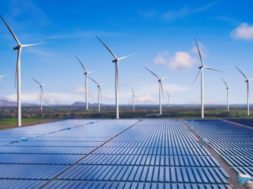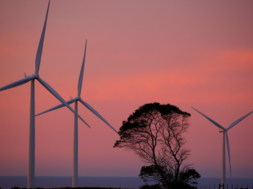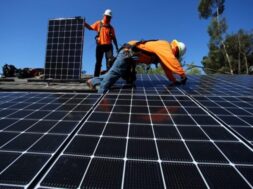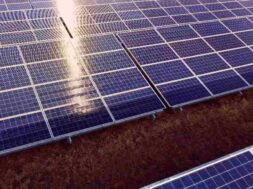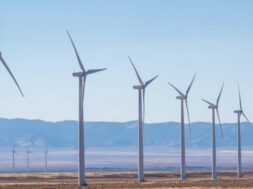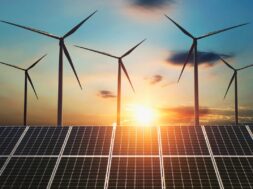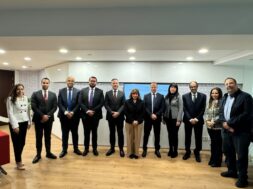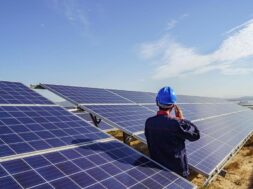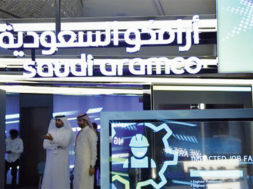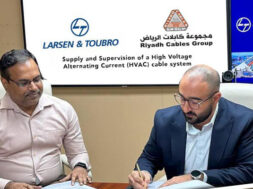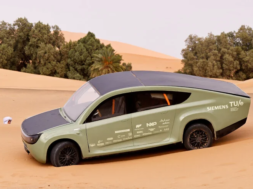
The Kingdom has managed to produce 20% of its energy from renewable sources thanks to the collaboration with the German nation in the energy sector
Morocco has excelled in renewable energy production and has set itself an ambitious target for electricity consumption: to increase the share of renewable sources from 20% today to 52% by 2030 and, if possible, to 86%. This target is achievable thanks to the country’s solar potential, as Moroccan energy expert Rahal Lagnaoui points out. In addition, the North African country has signed a joint declaration of intent with Germany for the development of green hydrogen, called Power-to-X. This strategic partnership aims to boost renewable energies and promote the production of green hydrogen, which is a clean and renewable energy source.
Morocco’s initiative in renewable energy production is admirable and has become a model for other developing countries. Importantly, this production not only helps to combat climate change, but also benefits the country’s economy. Morocco is in the process of becoming the leading producer of green hydrogen in Africa thanks to the construction of a production plant financed by the German development bank KfW to the tune of 300 million euros. This strategic partnership between Morocco and Germany is mutually beneficial, as Morocco can increase its renewable energy production and reduce its dependence on fossil fuels, while Germany can obtain part of this green hydrogen production for use in various applications.
Rabat is an attractive partner for Germany and Europe due to its geographical proximity, existing electricity and gas interconnections and the Morocco-Nigeria gas pipeline project. Investment in renewable energy and green hydrogen production in Morocco not only benefits Morocco and Germany, but can also serve as a model for other developing countries seeking to reduce their dependence on fossil fuels and move towards a better future. This partnership is therefore an opportunity for both countries to work together towards a more sustainable and cleaner future for all.
In the Kingdom, green hydrogen production has been presented as an opportunity for the country’s energy transition. However, this project faces a major challenge due to water scarcity. The production of green hydrogen requires both solar energy and water, which is a scarce resource in the country, as climate change and periods of drought have exacerbated the problem. Morocco is one of the countries most affected by water scarcity and climate change, according to KfW. The demand for water has increased significantly in recent years, especially in agriculture, therefore, to produce green hydrogen, it needs to rely on seawater desalination plants. Morocco is building new seawater desalination plants with the support of the German Society for International Cooperation (GIZ) and KfW. Current investment in the sector is around 700 million euros.
The use of desalinated seawater to produce green hydrogen could be a solution to Morocco’s water shortage. Apart from the fact that this solution could allow the production of drinking water and irrigation at low cost. In other words, the production of green hydrogen could help solve some of the water and energy problems in the country. At the same time, it is important to note that green hydrogen production is not an isolated solution to Morocco’s energy and water problems. Continuous and coordinated efforts are needed to address them, for example, it is necessary to improve water management in agriculture and to promote energy efficiency in all areas. But it is also essential to reduce greenhouse gas emissions to mitigate the effects of climate change and protect the country’s natural resources.
